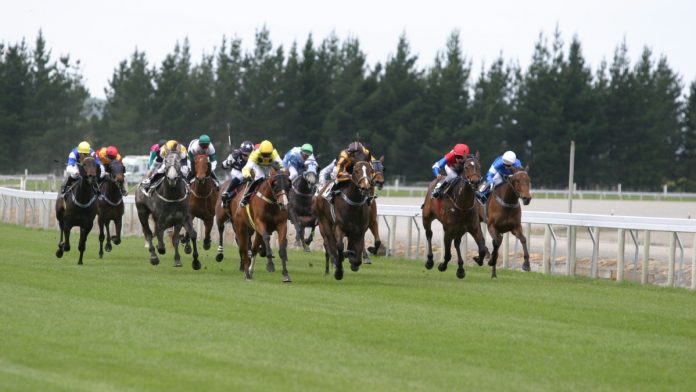The horse racing industry in Minnesota has been handed a boost by regulators, as the operation of historical horse racing machines has been approved at Canterbury Park, beginning May 21.
The Minnesota Racing Commission voted 5-1 in favor of approving the implementation of 500 machines at Canterbury and Running Aces, a Minnesota harness track.
The news has been met with opposition by representatives of the Indian tribes who argue that this move violates their exclusive right to operate casino games in the state
Canterbury struggle financially
Canterbury Racetrack has struggled financially since an agreement with the Indian tribe that operates Mystic Lake Casino and Hotel ended in 2022. The track received $84 million in payments during the ten-year agreement which it used to subsidize purses, however, purses have subsequently dropped 21% since the end of the deal, leading to a 42% drop in wagering.
Historical horse racing machines, which allow users to wager on past horse races, have been used in several states to generate additional money for live horse races and a study by Canterbury estimates that the machines would raise $5.5 million in purse subsidies at the track.
Tribes oppose the move
Tribal representatives presented their opposition prior to the decision and, since the vote, the Minnesota Indian Gaming Association (MIGA) and Shakopee Mdewakanton Sioux (SMSC), which operates Mystic Lake Casino, have threatened legal action. MIGA Executive Director Andy Platto described the decision as an “extreme violation of legislative authority”.
Currently only Indian tribes are authorized to operate casino games in the state and there has been a longstanding argument over the classification of historical horse racing machines as “pari-mutuel”.
Many, including the Minnesota Alcohol and Gambling Enforcement Division, view the machines as a form of video slot machine whereas track representatives argue that the machines are a “game of skill” rather than a gambling device which would mean that the Minnesota Horse Racing Commission has the jurisdiction to authorize the machines.
Sports betting bills push to ban historical horse racing machines
The commission’s decision has also drawn the ire of legislators who are sponsoring bills that propose the legalization of mobile sports betting.
Sen. Matt Klein, who is sponsoring the senate’s sports betting bill, described historical horse racing as “basically slot machines” while legislators now say that they are motivated to pass a bill specifically banning historical horse racing.
Both House and Senate bills include aid to race tracks as parts of the legislation, however the amounts suggested fall below the value that Canterbury believes the machines can provide. The House bill would send $625,000 each year to Canterbury from sports betting proceeds while the Senate bill would allocate up to $3 million annually to be distributed between Minnesota race tracks.













